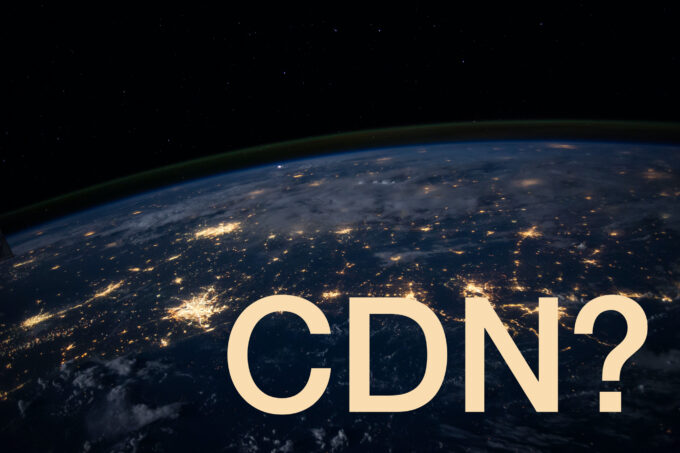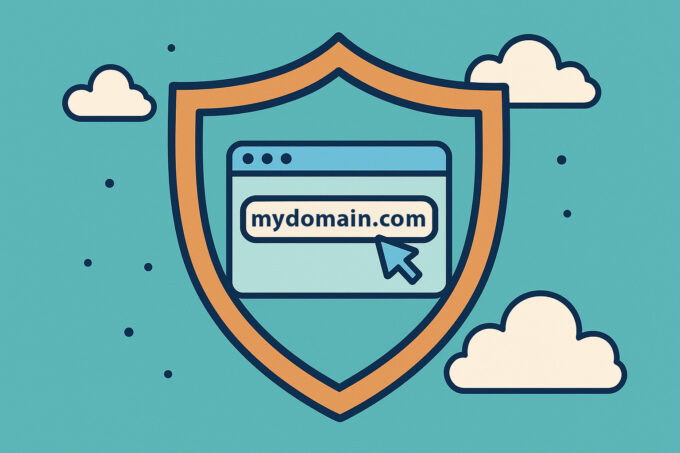In today’s digital world, having a fast and responsive website is crucial for success. One effective way to make your website faster is by using a caching policy and Content Delivery Network (CDN). In this blog post, we will explore why these tools are important, how they improve website performance, and how they can enhance the user experience.
Understanding Caching Policy:
Caching is like temporarily storing website resources, such as images, CSS files, and JavaScript, so they can be loaded quickly when someone visits your site. Instead of fetching these resources from the server every time, the browser can retrieve them from the cache. This makes your website load faster, providing a better experience for users and keeping them engaged.
Accelerating Content Delivery with CDN:
A CDN is a network of servers spread across different locations worldwide. It stores copies of your website’s content, and when someone requests a page, it delivers it from the server closest to them. This reduces the time it takes for your website to load, especially for users who are far away from your server. By using a CDN, you can ensure that your website is fast and accessible to users no matter where they are.
The Benefits of Caching Policy and CDN:
a) Faster Website: By implementing a caching policy and CDN, your website can load much quicker. This means users don’t have to wait long for pages to appear, which keeps them interested and engaged. A fast website also leads to lower bounce rates and higher conversions.
b) Improved Scalability: Caching policy and CDN take some of the workload off your server. They help handle more visitors without slowing down your website. As your website grows, these tools ensure that it can handle increased traffic and still perform well.
c) Global Reach: With a CDN, your website’s content is stored on servers around the world. This means users from different countries can access your website without delays. No matter where they are, they can enjoy a smooth browsing experience, allowing your business to reach a wider audience.
Implementing a Caching Policy and CDN:
Setting up a caching policy and CDN requires careful planning and configuration. You may want to consult with experts or use specialized tools to choose the best caching strategies for your website. Select a reputable CDN provider that fits your needs and offers global coverage. With their expertise, you can ensure the proper setup and management of your caching policy and CDN, maximizing their benefits.
Yes, we can get your site running faster:
In today’s fast-paced digital environment, a well-implemented caching policy and CDN can make a significant difference in your website’s performance. By reducing load times, improving scalability, and delivering content quickly to users worldwide, you can enhance the user experience and achieve better results for your business. Invest in caching policy and CDN to optimize your website’s performance, stay ahead of the competition, and provide an excellent online experience for your audience.



